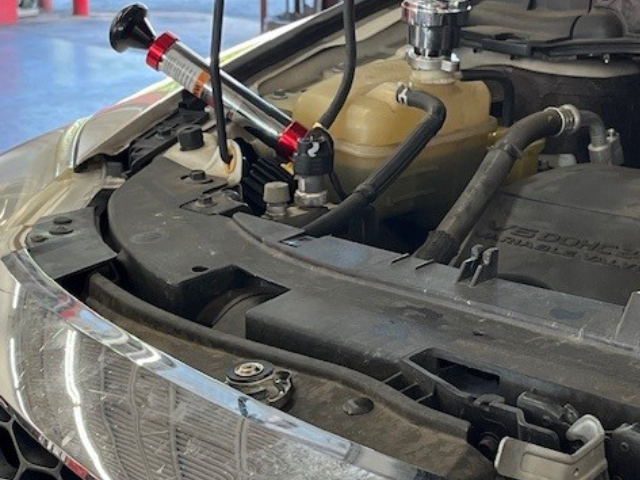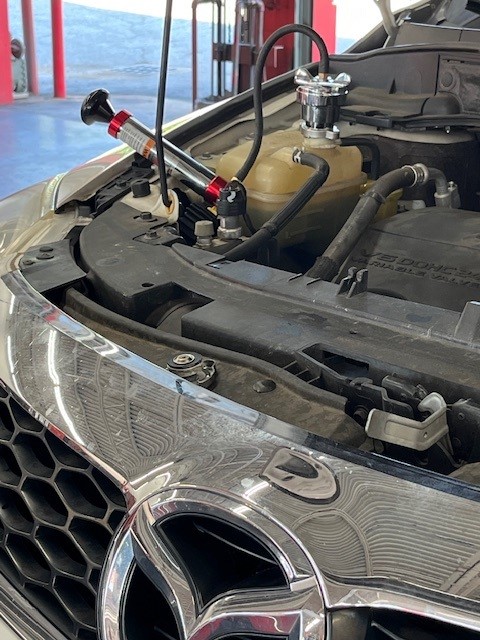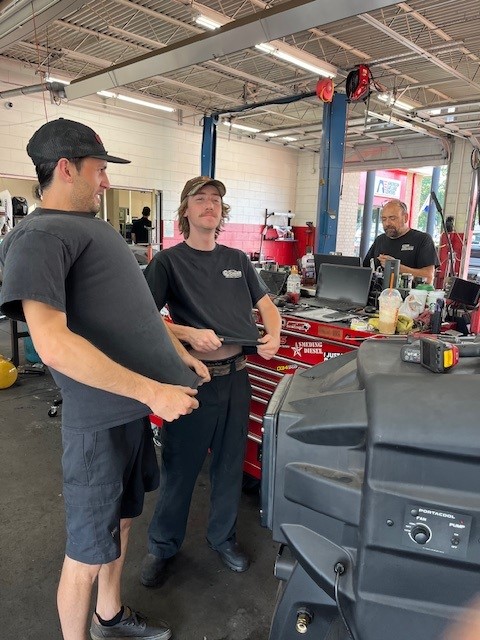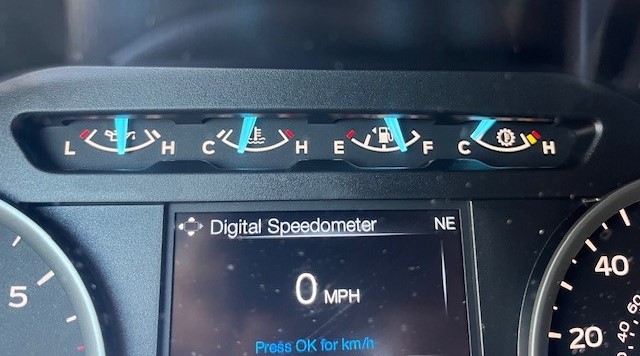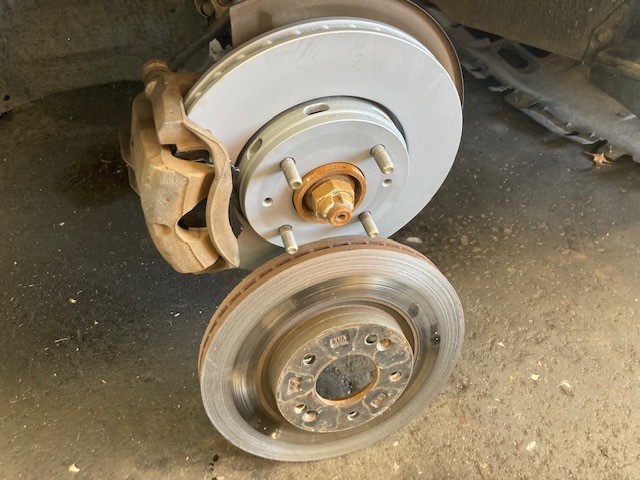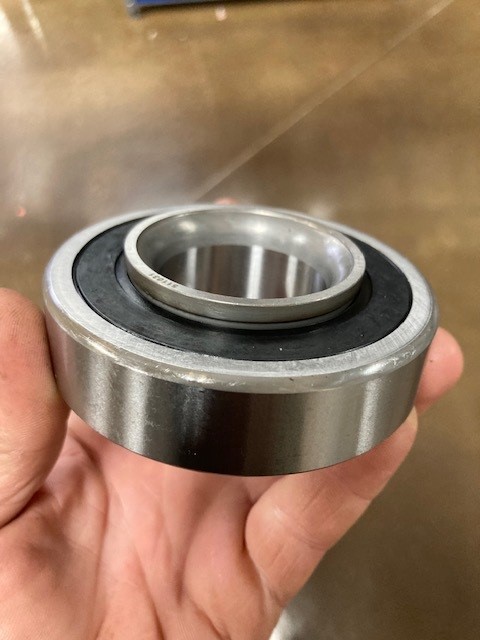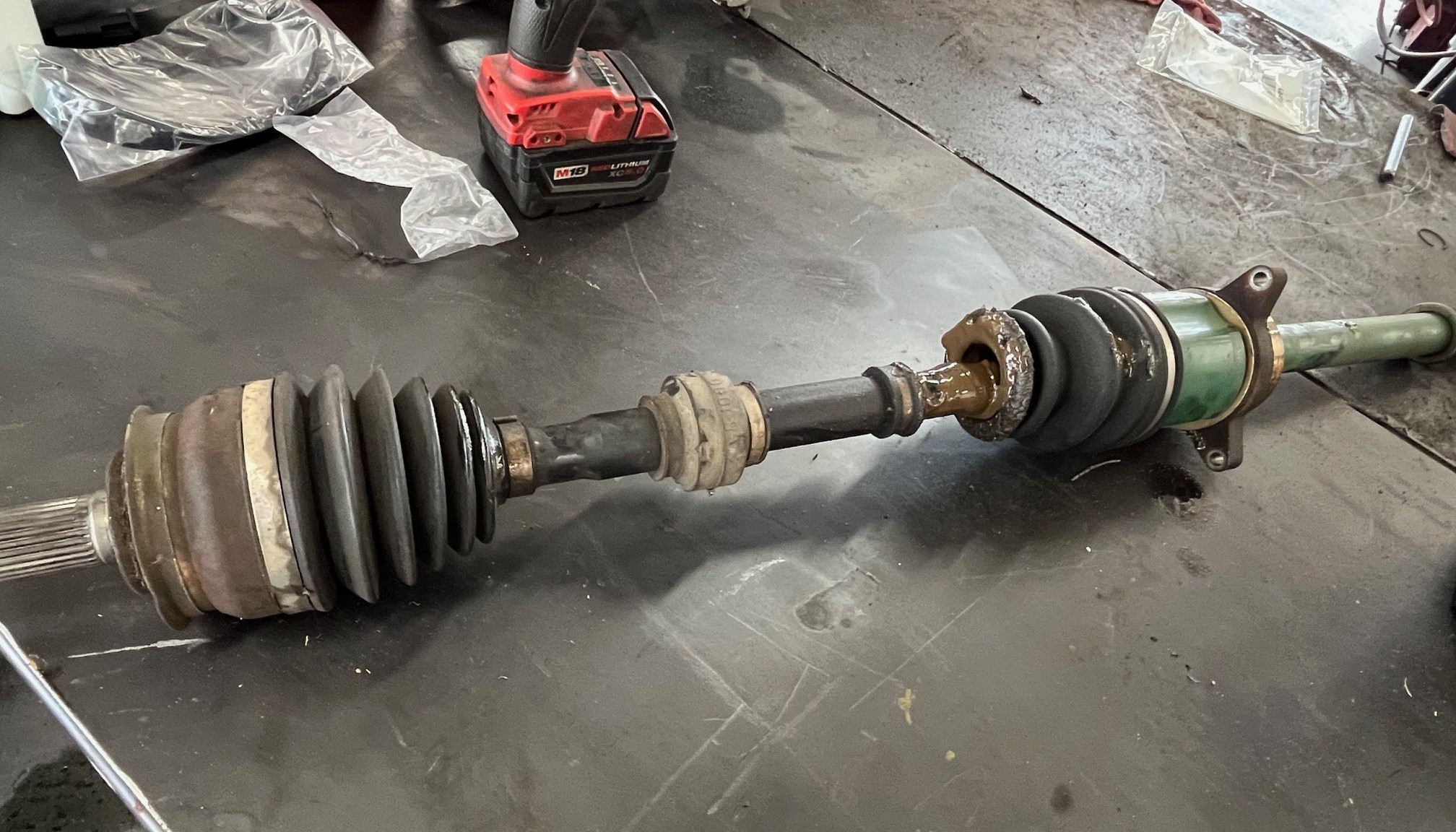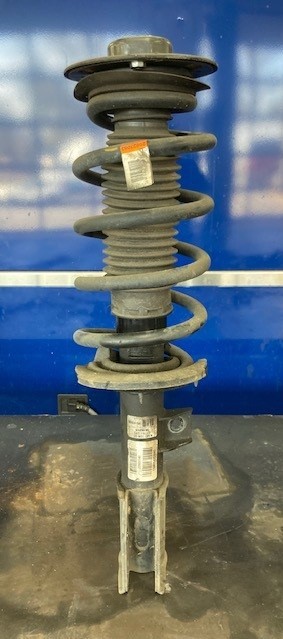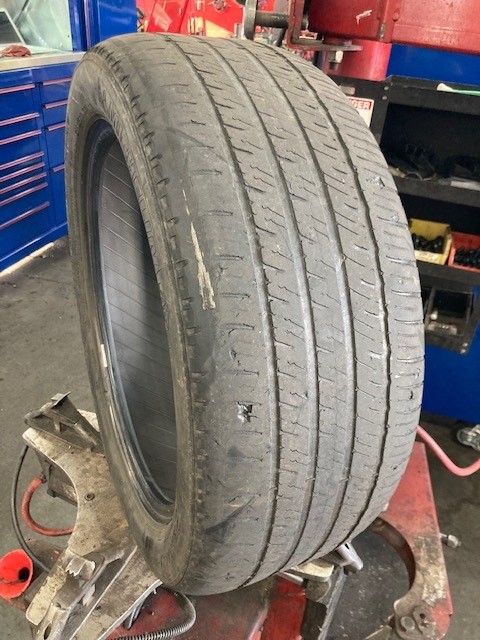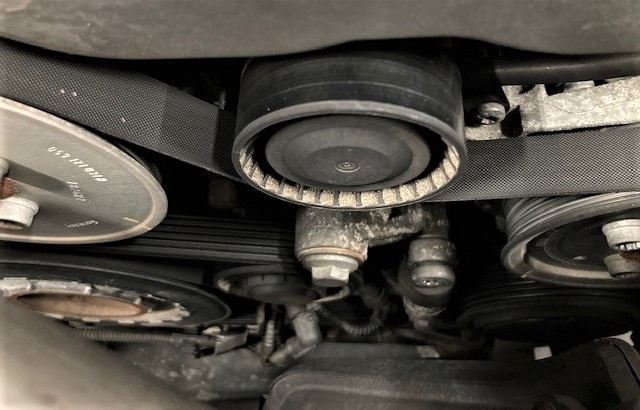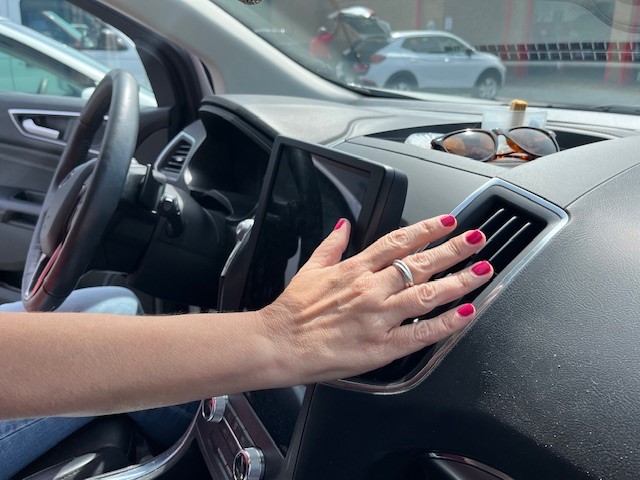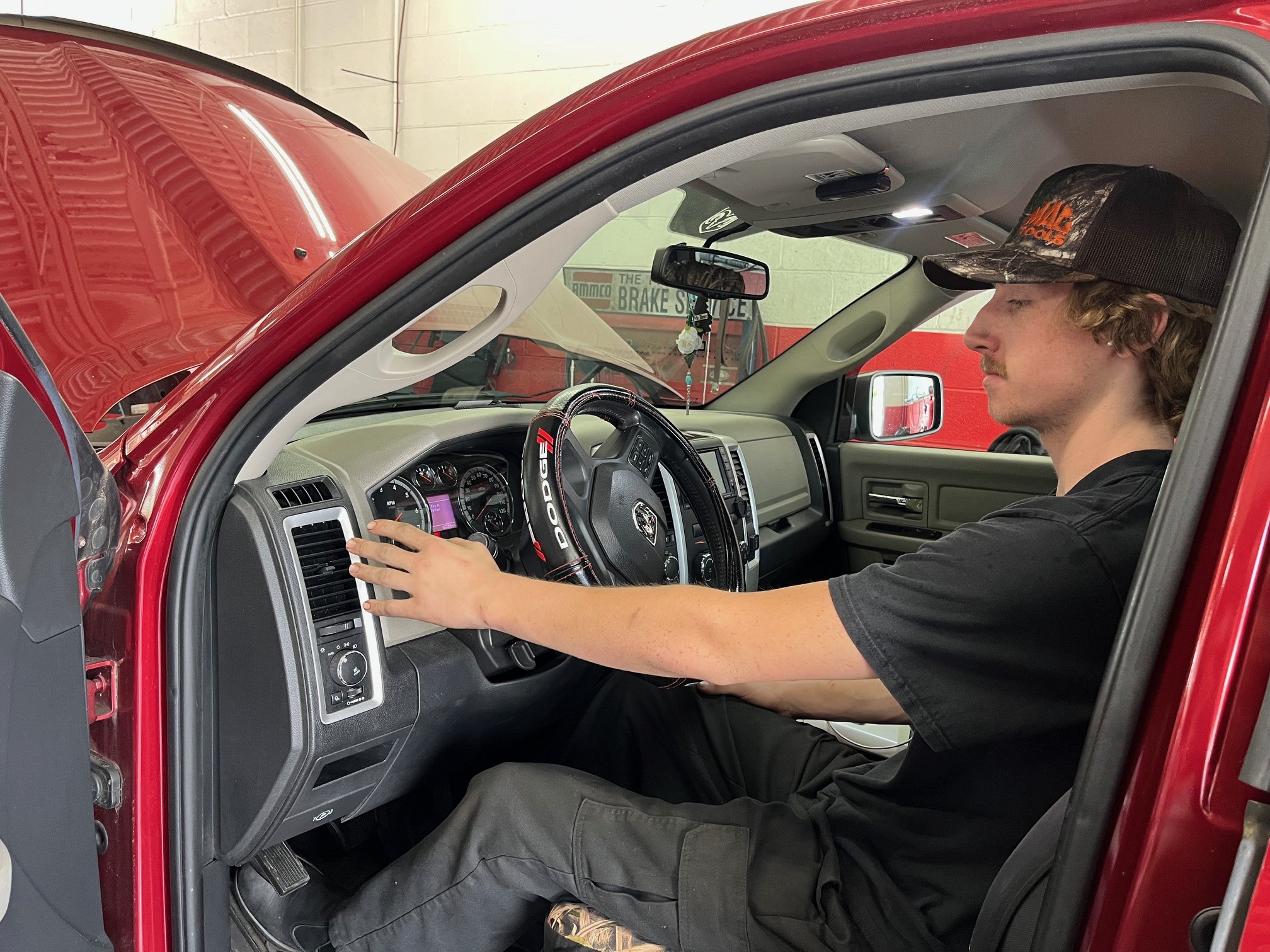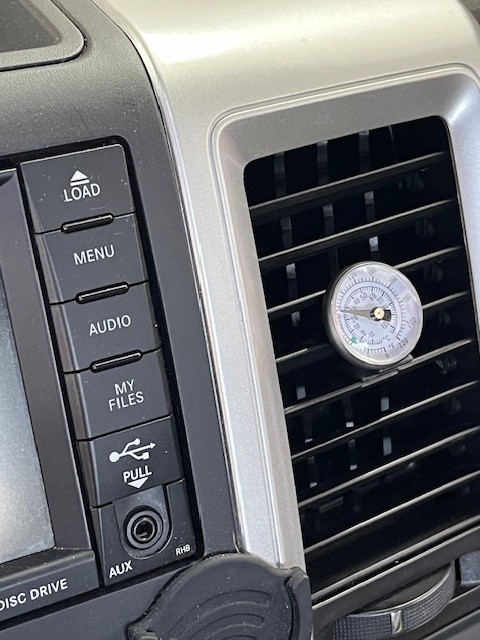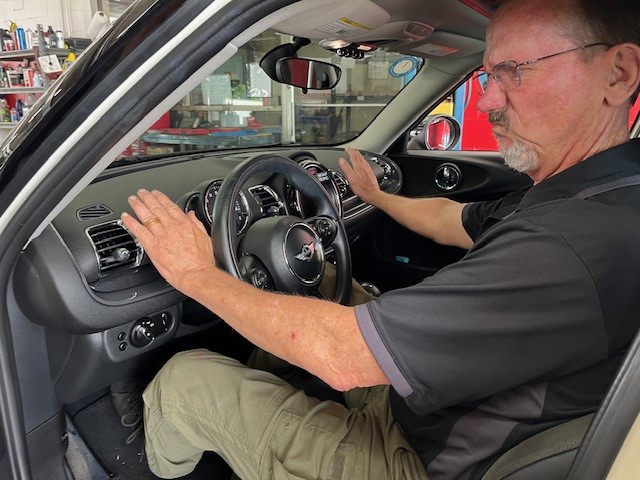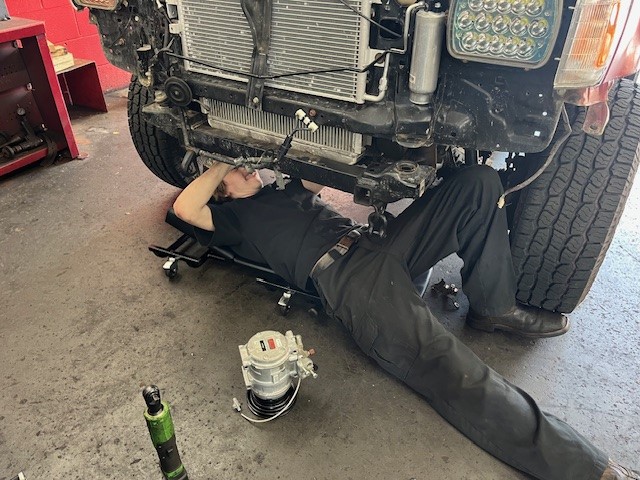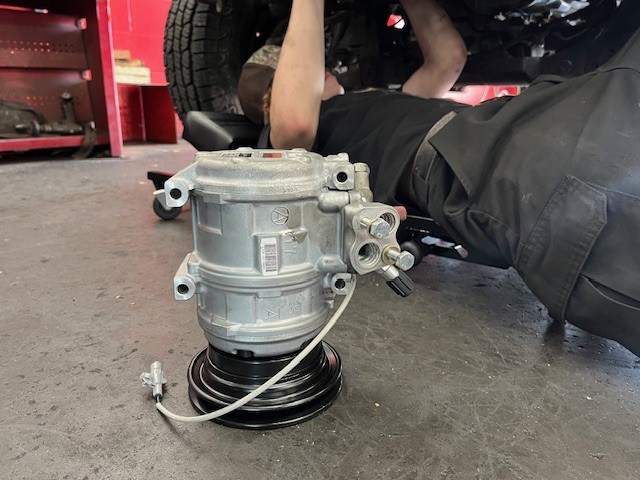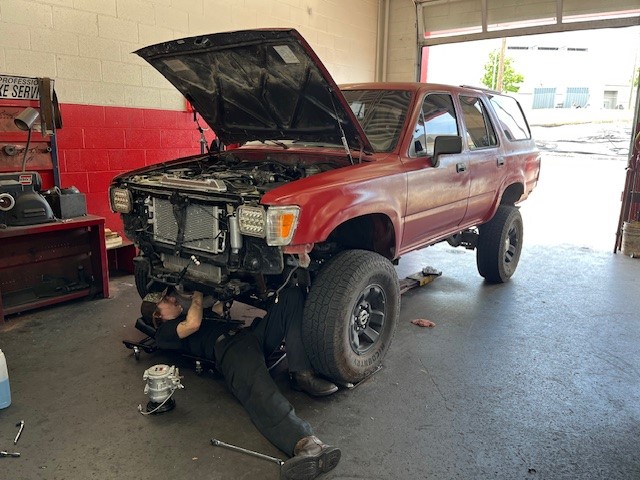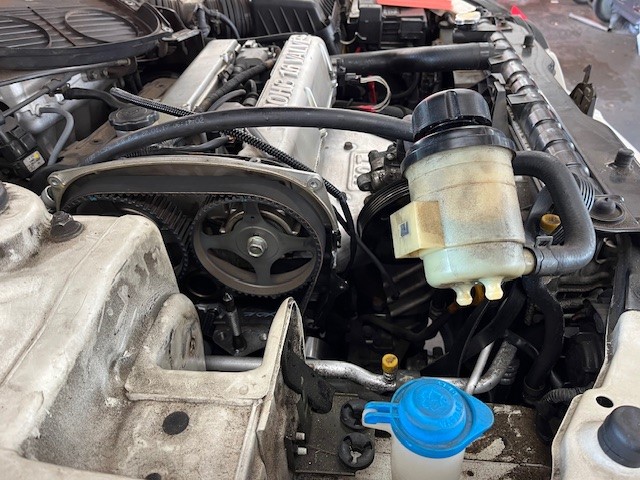
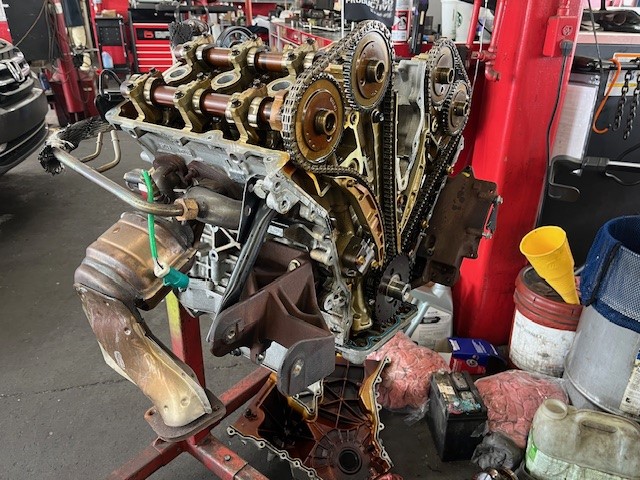
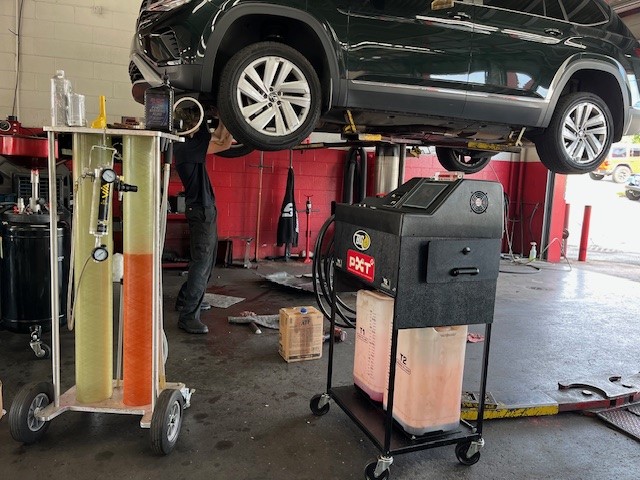
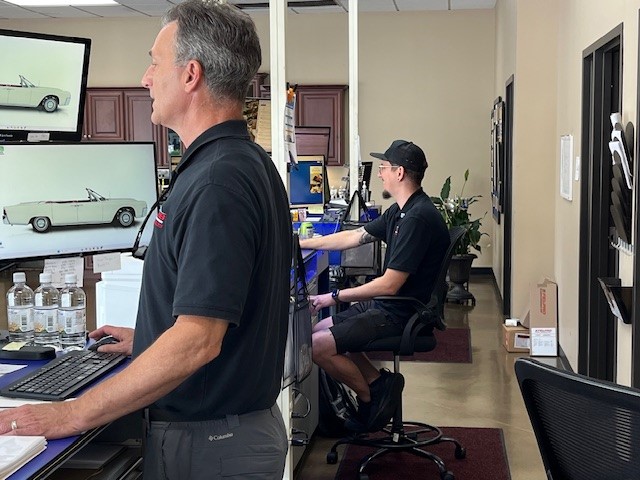
As vehicles become more advanced, engine diagnostics can become more expensive and time-consuming. So, when is an engine diagnostic necessary? Typically, it’s needed when your Check Engine Light is illuminated or flashing. Your vehicle operates like a complex computer, with its onboard system monitoring everything.
Here are some signs that you may require an engine diagnosis:
- Your Check Engine Light is on.
- Your Check Engine Light is flashing.
- Your fuel economy has decreased.
- Your vehicle is running roughly.
- Your vehicle is making unusual noises.
- You notice unfamiliar odors.
- Your vehicle lacks the power it once had.
- Your gauges are reading abnormally.
- Your vehicle is not performing as expected.
Diagnosing an engine needs special, expensive computer tools that link to your vehicle. This process can take hours or even days, based on how complex the issue is. The first step is to retrieve trouble codes. These codes don’t tell the exact problem but give a general idea of which systems may be failing. Mechanics usually spend time test-driving the vehicle with the tools connected. They use scanner feedback to help find the issue.
If you are experiencing any of these symptoms, please reach out to our auto repair shop for assistance. We offer free loaner cars to help make this process more convenient for you.
